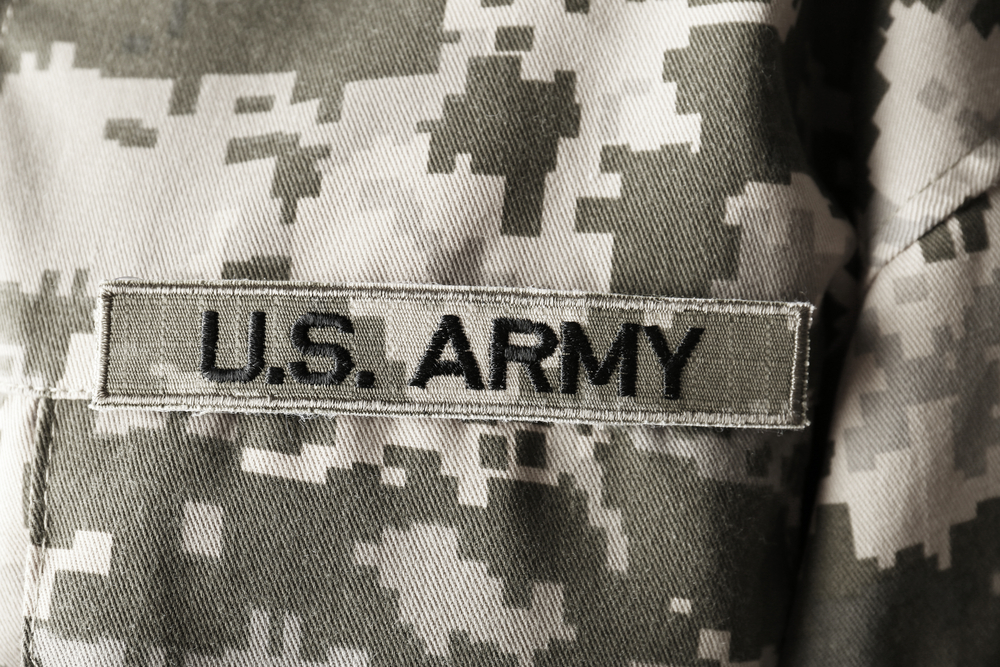Us Against Alzheimer’s Reports Calls Attention to Higher Risk Among Veterans
Written by |

UsAgainstAlzheimer’s released a report showing that Alzheimer’s disease is both an urgent healthcare concern among older U.S. military veterans and a threat to the future of younger ones.
Titled “Veterans and Alzheimer’s: Meeting the Crisis Head On,” the report highlights the unique risk factors veterans facee, including post-traumatic stress disorder (PTSD), depression, and traumatic brain injury (TBI).
UsAgainst Alzheimer’s believes these findings are a clear and compelling call for increased research and improved access to high-quality care to meet the needs of veterans with Alzheimer’s and their families.
In response, the group is launching VeteransAgainstAlzheimer’s (VA2).
VA2 is designed to serve as a national network tying veterans, their family members, military leaders, veterans service organizations, with researchers, clinicians and supporters to help increase awareness of the impact of Alzheimer’s on active and retired service members.
Among issues VA2 hopes to raise awareness of is the need for increased veteran participation in brain health initiatives and clinical trials, and improved support for families and caregivers. Volunteers can also create public/private partnerships between veterans, the government, corporate philanthropic groups, and scientific communities to address the needs of patients.
“This is very personal to me. Love of country and support for our military is in my blood, and more than likely, so is Alzheimer’s,” Shawn Taylor, founder of VA2, said in a press release.
“We all know what this disease looks like and the destruction it brings to the families,” he said. “I’m on a mission to raise awareness and to educate the veteran community about Alzheimer’s, and encourage these brave men and women to join with us to help stop this indiscriminate disease.”
Veterans can face barriers to effective Alzheimer’s diagnosis and care for a number of reasons. They include the complexity of the VA health system, a general lack of understanding among veterans about available benefits, and the stigma associated with brain disease and problems with mental health.
According to the report, age is the top risk factor for Alzheimer’s, and disease incidence increase greatly after age 65. As about half of U.S. veterans alive today are over 65, the release states.
Previous studies have also linked traumatic brain injury to dementia, and veterans who have suffered a TBI are 60 percent more likely to develop some type of dementia, such as Alzheimer’s disease.
Among younger veterans, 22 percent of all combat wounds in Afghanistan and Iraq were brain injuries — nearly double the rate observed in Vietnam — potentially increasing their risk of Alzheimer’s or dementia developing.
According to a study published in Current Alzheimer Research, titled “Military Risk Factors for Cognitive Decline, Dementia and Alzheimer’s Disease,” approximately 420,000 veterans will have developed new cases of Alzheimer’s disease between 2010 and 2020.





